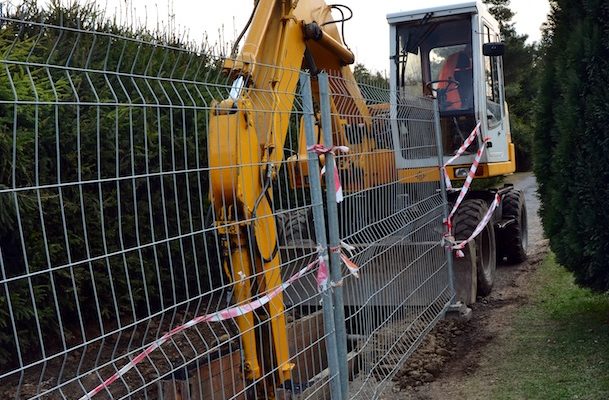By Frank Callahan
March 14, 2019
The city of Worcester, the Worcester Red Sox and Madison Downtown Holdings, a private developer, are building a $240-million downtown project that includes a new, $90-million, 10,000-seat stadium for the Boston Red Sox Triple-A Minor League affiliate team. Most see this as good news for the community. And it can be if the stakeholders embrace the use of a project labor agreement to ensure safety, equity and fairness for the workers who build the stadium.
Unfortunately, some contractor lobbying groups who advocate to pay workers lower wages are engaged in a cynical campaign aimed at ensuring the prosperity generated by this large proposal isn’t shared with the actual workers doing the work. They also don’t care if the project is done in the safest way possible, or with the best-trained workers possible.
Every fan sitting in that stadium over the decades that will follow its opening deserves to know that Worcester built its stadium in the safest way possible with the best-trained workforce. That’s just one reason why the union building trades are speaking up for a project labor agreement to ensure the safety of workers and the public in Worcester.
Project labor agreements, also called community workforce agreements or project stabilization agreements, emerged in the early 20th century as basic pre-hire agreements between the owner or contractor and the local building trades unions.
By the 1980s, these agreements were common in both the public and private sectors. Modern PLAs are negotiated on a case-by-case basis, and include sophisticated provisions that keep jobs running smoothly, promote efficiencies, and nurture the development of a skilled workforce. Most importantly, they prevent worker exploitation, wage theft and other illegal or unsafe acts that can harm local workers on a non-PLA job site.
For years, wealthy special interests have tried to undermine workers’ rights and advance narratives around the concepts of unions being outdated and unneeded. Despite the anti-worker spin promoted by organizations like the Merit Construction Alliance, public support for unions is growing. Meanwhile, union membership and the need for PLAs are also both on the rise in Massachusetts.
The building trade unions have been creating economic prosperity and a pathway to the middle class for workers throughout Central Massachusetts for generations. Right now, many Worcester area families could benefit from a good, union job in the construction industry.
Sadly, efforts are afoot in Worcester to lower safety, wage and training standards for working people on the new stadium project, putting Worcester workers at risk of losing life or limb, and in the position of earning less for the same work that is done elsewhere in the state. That simply would not be fair.










